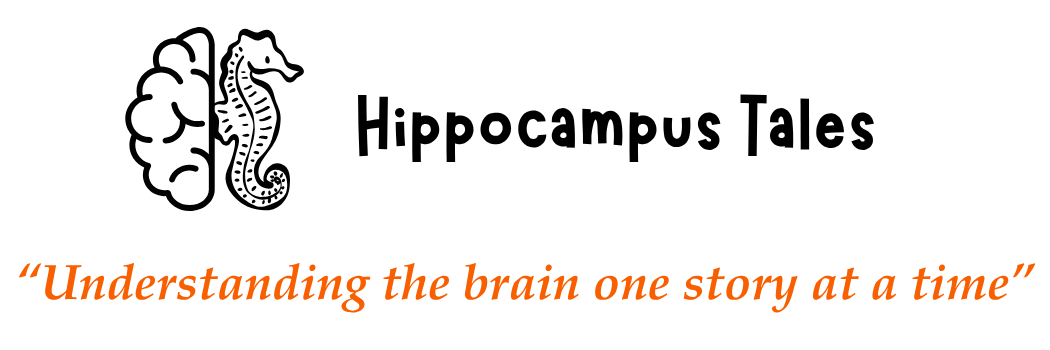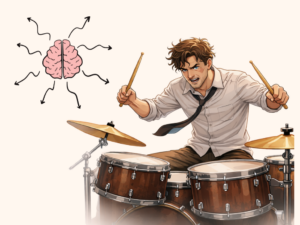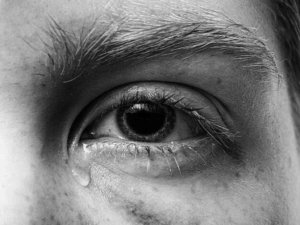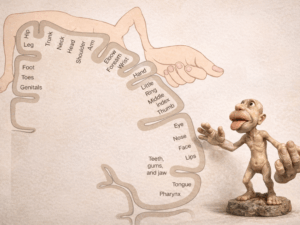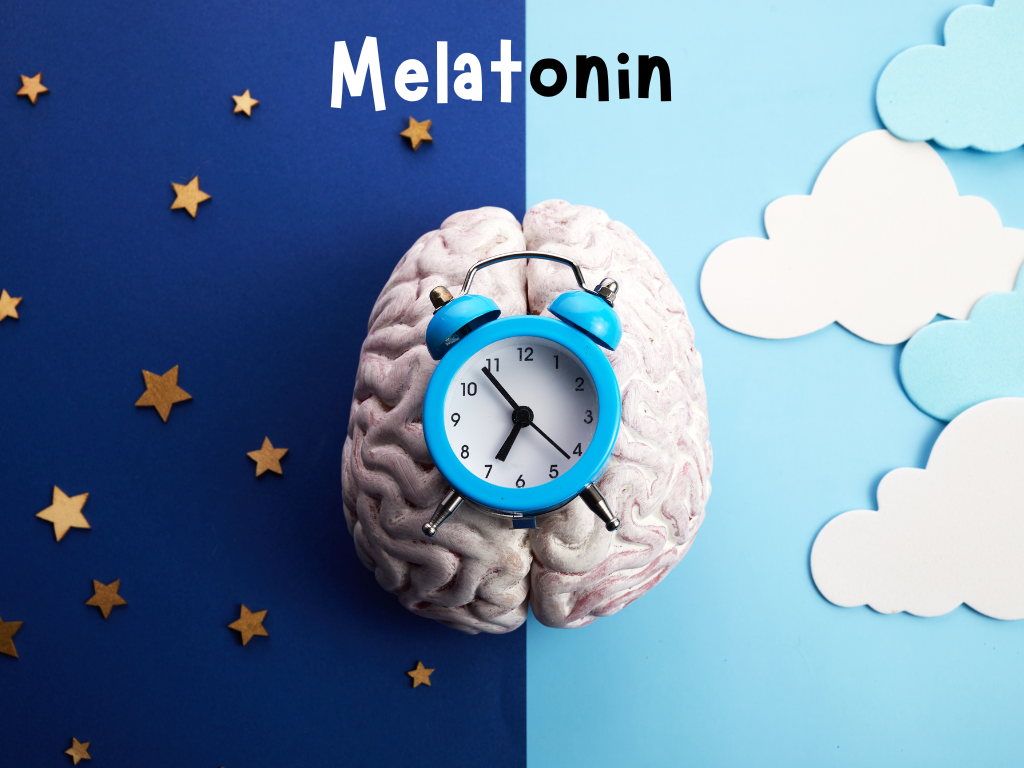
Does Melatonin Really Help You Sleep?
Two main factors make us feel sleepy and ready for bed: our 24-hour circadian rhythm and sleep pressure.
The circadian rhythm is our internal biological clock. It doesn’t only control when we feel sleepy, but also influences our appetite, mood, body temperature, and hormone levels. This rhythm is mainly shaped by light and temperature, helping our body know when to stay awake and when to rest. It’s regulated by a small brain region called the suprachiasmatic nucleus, which controls the release of melatonin, often called the “hormone of darkness.”
Melatonin levels begin to rise after sunset, stay elevated through the night, and fall again when exposed to morning light. However, melatonin doesn’t actually make us sleep. Instead, it signals to the body that it’s time to prepare for sleep.
In other words, it sets the timing of sleep but doesn’t generate the sleep itself.
The generation of sleep is mainly influenced by sleep pressure, which is regulated by a molecule called adenosine.
Adenosine builds up in the brain while we are awake—the longer we stay up, the more it accumulates, and the sleepier we feel by evening.
(Caffeine works by blocking adenosine receptors, preventing you from feeling the effects of sleep pressure. However, as the caffeine’s effect fades, accumulated adenosine binds rapidly to its receptors, intensifying your sense of tiredness).
Then, while you sleep, adenosine is degraded and the cycle starts again once you wake up.
If we imagine these two systems as curves on a graph, the circadian rhythm (blue line), forms a wave that rises and falls throughout the day, while sleep pressure, driven by adenosine (red line), steadily increases from the moment we wake up.
The moment when the gap between these two curves is widest (shown by the dotted black line) — when melatonin high and sleep pressure reaches its peak — is when we feel the greatest need to sleep. Similarly, in the morning–around 7 am in the graph–adenosine levels are at their lowest, and your circadian rhythm aligns with the beginning of a new day, allowing you to wake up naturally.
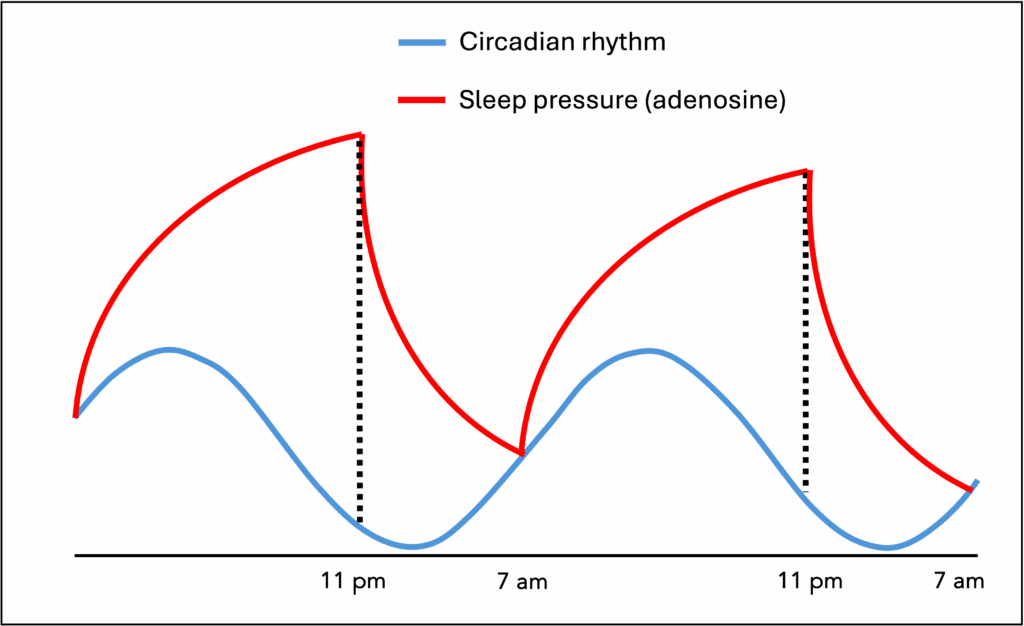
Reproduced from the book Why we sleep – Matthew Walker.
This explains why taking melatonin alone doesn’t make you sleep. It helps adjust the timing of your internal clock but doesn’t create the biological need for sleep.
That’s also why actually melatonin supplements can be useful after long flights across time zones: they help your body adapt more quickly to a new schedule. In fact, normally, the circadian rhythm adjusts to a new time zone at a rate of about one hour per day, so melatonin can help speed up this process.
It’s also important to remember that everyone’s circadian rhythm is slightly different explaining why some people are “morning larks,” who prefer to wake up and go to bed early, while others are “night owls,” who naturally stay up late and sleep in. These tendencies are largely genetic, though they can be slightly modified by lifestyle and environment.
In short, melatonin helps your body know when to sleep, but it doesn’t make you sleep. True sleepiness comes from the build-up of adenosine, and it’s the balance between these two systems that determines your natural sleep pattern.
PS:
Everything discussed in this post comes from the book Why we sleep: Unlocking the power of sleep and dreams written by the Matthew Walker, one of the most interesting book I ever read.
📖 References:
- Why we sleep: Unlocking the power of sleep and dreams. Matthew Walker – 2017.

